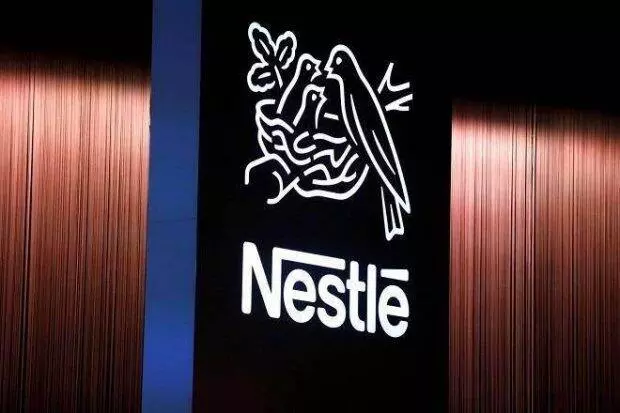
Nestle’s recipe for India: 3 gm sugar in every serving of Cerelac, says report
Experts say sugar should not be added to baby foods because it is highly addictive and could start a negative cycle leading to obesity, diabetes, high blood pressure

Nestle’s leading baby-food brands like Cerelac in India contain high levels of added sugar, as much as nearly 3 gms per serving, according to an investigative report by Public Eye.
A report titled “How Nestle gets children hooked on sugar in lower-income countries” by an independent investigation body called Public Eye in Switzerland has shone the spotlight on the Swiss-based multinational company’s double standards with regard to its baby food products.
These products that are promoted in low-and middle-income countries in Asia, Africa, and Latin America contain high levels of added sugar whereas the same products are sold in nations like Switzerland, Germany, United Kingdom and other developed nations with no added sugar, says the report.
These are the main findings of a new investigation by Public Eye and the International Baby Food Action Network (IBFAN).
Double standard
“There is a double standard here that can’t be justified,” said Nigel Rollins, scientist at the World Health Organisation (WHO) when presented with the findings. He said that the fact that Nestle adds sugar to these products in lower income countries “is problematic both from a public health and ethical perspective”. Rollins said that companies may try to get children used to a certain level of sugar at a very early age so that they develop a liking for products with high levels of sugar.
“This is totally inappropriate,” he said.
Hidden sugar
Companies often do not even disclose the amount of added sugar in the nutritional information printed on the packaging of these products.
“While Nestle prominently highlights the vitamins, minerals, and other nutrients contained in its products using idealising imagery, it’s not transparent when it comes to added sugar,” said the report.
To uncover these “hidden sugars”, the investigators obtained Cerelac and Nido products from several countries to examine their labels and to have the products analysed by a specialised laboratory.
94% of products contained added sugar
Cerelac is the world’s top baby cereal brand with sales of over $1 billion in 2022, according to Euromonitor. Public Eye examined 115 products sold by Nestle in countries in Asia, Africa, and Latin America and discovered that 108 of them (94 per cent) contained added sugar. Their analysis found on average one sugar cube (almost 4 gms per serving), with the highest amount of 7.5 gms per serving in a product sold in the Philippines for six-month-old babies.
In India, where Nestle sold more than $250 million (₹2,000 crores) worth of products in 2022, all Cerelac baby cereals were found to contain added sugar, on average nearly 3 gms per serving, according to the report.
Sugar should not be added to baby foods: Experts
“This is a big concern,” said Rodrigo Vianna, epidemiologist and Professor at the Department of Nutrition of the Federal University of Paraiba in Brazil. “Sugar should not be added to foods offered to babies and young children because it is unnecessary and highly addictive.”
“Children get used to the sweet taste and start looking for more sugary foods, starting a negative cycle that increases the risk of nutrition-based disorders in adult life. These include obesity and other chronic non-communicable diseases, such as diabetes or high blood pressure,” Vianna told Public Eye.
‘A form of colonisation’
The report quotes Karen Hofman, Professor of Public Health and a qualified paediatrician at the University of Witwatersrand in Johannesburg, South Africa, “I do not understand why products sold in South Africa should be different from those sold in high-income settings. It is a form of colonisation and should not be tolerated. There is no valid reason to add sugar to baby food anywhere.”
WHO shares this view, and has warned for several years about the high added-sugar content in baby-food products. The health organisation has been raising the alarm that obesity is dramatically on the rise, especially in low-and middle-income countries, where it says it has reached “epidemic proportions”.
While Nestle publicly recommends avoiding baby foods containing added sugar, it continues to add high levels of sugar to some of its most popular products, says the report.
Nestle’s response
The company told Public Eye and IBFAN that it “has reduced by 11 per cent the total amount of added sugar in its infant cereal portfolio worldwide over the past decade, and that it will further reduce the level of added sugars without compromising on quality, safety, and taste”.
In India, a Nestle spokesperson told LiveMint that the company complies with all local regulations and international standards, and has already reduced added sugars by up to 30 per cent in the past five years in its infant cereal range of products.
Public Eye, founded in 1968, is a sustainability-oriented, politically and religiously independent solidarity development non-governmental organisation based in Switzerland.


